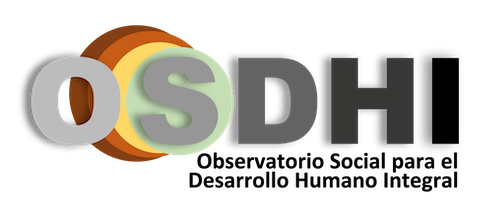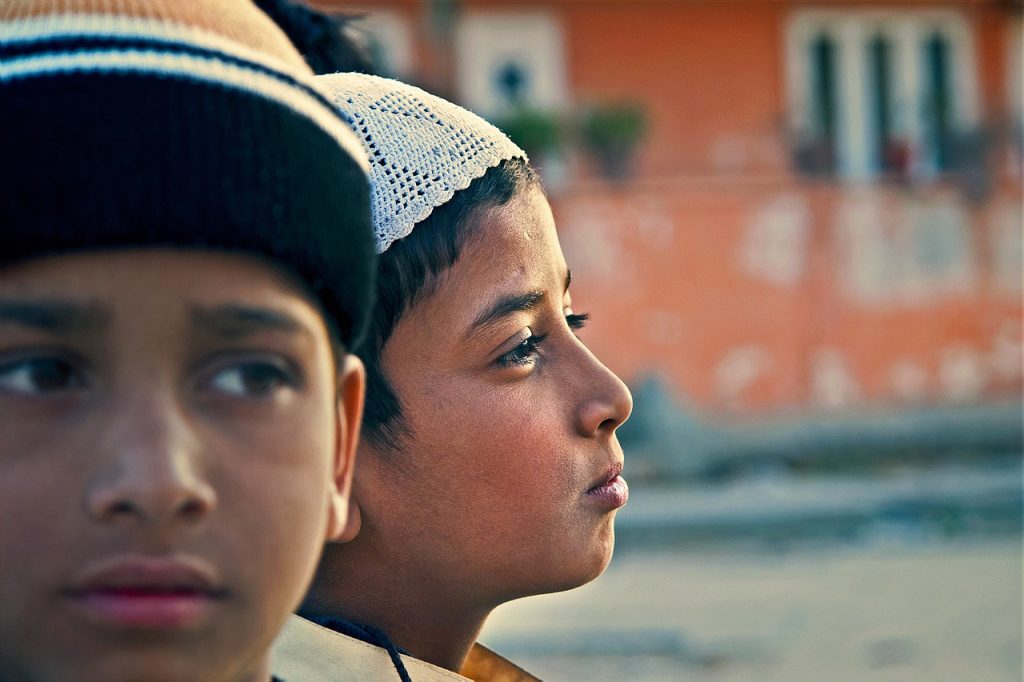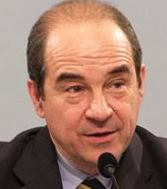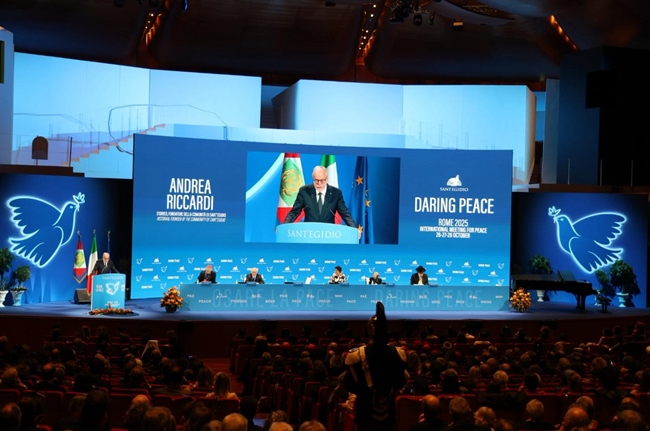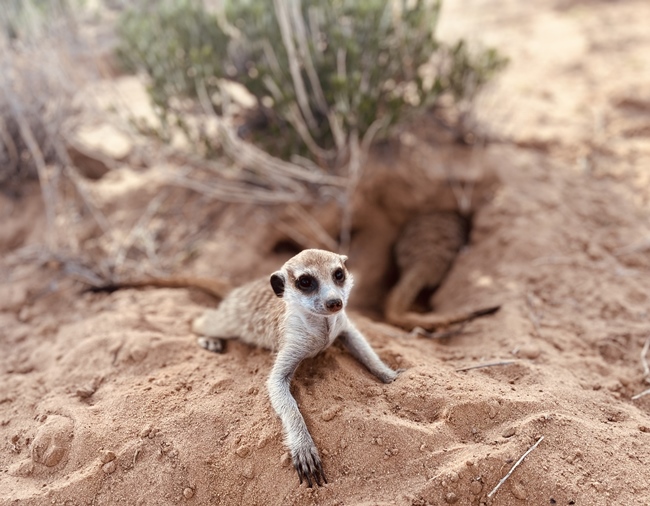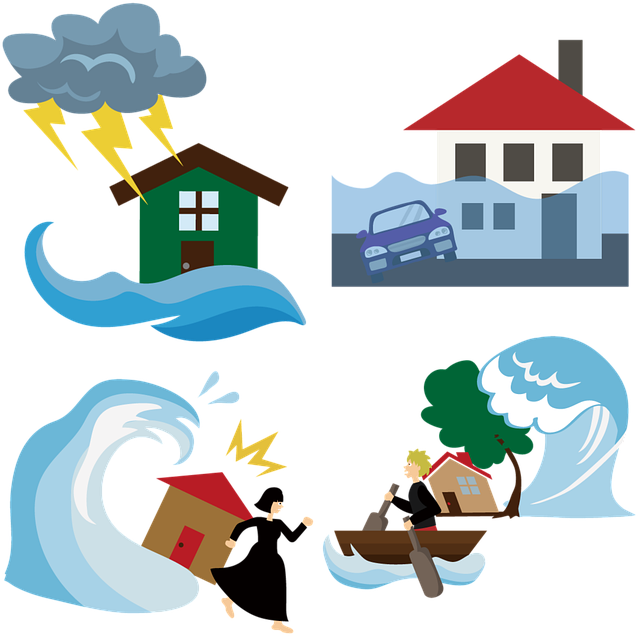Living in Europe today means experiencing the coexistence of wounds that seem to tear this part of the world apart, and in particular its culture with its ethos. In recent decades, three devastating elements have changed the history of this portion of the world. Firstly, the migration processes, which began a long time ago but were only perceived as a truly invasive phenomenon in the last 10-15 years. It is not just a matter of increasingly mass arrivals, particularly in the south of the continent, but of the fact that they bring the ‘other’ into a world, such as the European one, that was used to controlling the ‘different’ by colonizing it. Today, the great fear is that of losing one’s ‘European’, ‘Western’, ‘secular’ and, perhaps surprisingly, even ‘Christian’ identity. Indeed, with the migration processes there is a fear of the great ‘Islamic’ invasion and the consequent transformation of the continent into ‘Eurabia’. A second unforeseen and dramatic invasive phenomenon has been that perpetrated by an almost invisible being – the Covid – which has laid bare latent problems that careful observers had long been trying to highlight. Over the last few centuries, this part of the world with its culture and politics, often made up of arrogance, has been the center of the globe, attributing to itself a civilizing mission based on the claim of its own superiority. Today it wistfully realizes that it can no longer achieve it. The events of a couple of years ago in Afghanistan and, even more so, the recent Russian-Ukrainian war have highlighted this state of affairs. The present conflict has reopened a painful wound, that of war at home, which seemed to have been eradicated forever from our continent. The three phenomena just described have contributed to the European West finding itself increasingly divided internally, a kind of ‘archipelago of more or less (in) coherent Wests’. For some, the West is not only ‘wounded’, it would already be dead. Many European countries have always shown themselves incapable of dealing ‘together’ with migration, the health emergency, its socio-economic consequences and the tragedy of war. The reason is rooted in the Western ethos. The individual’s inalienable right to freedom suffocates the ‘common good’. The individual is entitled to his freedom and comes before the community and, on a wider level, each individual country with its own interests and freedom comes before the others. ‘America first’ of Trumpian coinage, conjugated in different ways in different countries, nowadays seems to be the socio-political mantra for survival in a West traversed by an increasingly exasperated individualist culture, which leads to the various forms of populism and sovereignism. According to Edgar Morin, Europe has no unity except in and through its multiplicity. The interactions between peoples, cultures, classes and states have woven a unity for the continent. Unfortunately, Europe today is more polarized than plural, and it is so at different levels: between north and south, east and west, but also between the central part and the rest of the continent.
The West as a whole is proving itself, albeit with varying shades, to be an exclusivist civilization and culture, as evidenced by its inability to engage in a cultural and social (and religious) dialogue with the Muslim world as well as the Confucian world, which remains difficult for Western arrogance to interpret. Yet, it was not always so. As Pope Francis often reminds Europe, Western culture and civilization took their shape from encounters with ‘others’. The roots of Europe – Bergoglio says – were consolidated in the course of its history by learning to integrate the most diverse and apparently unrelated cultures into ever-new syntheses. European identity is, and always has been, a dynamic and multicultural identity’. The essence of Western civilization was formed as an organic unity from the meeting of Roman and Greek cultures. Subsequently, this was transformed into European culture through the encounter of many peoples and their cultures up to the current Euro-Atlantic community. We must also not forget the presence of the Jewish contribution, which is equally foundational, and rarely perceived, recognized or valued. Although a fundamental role in these processes was played by Christianity, we can neither forget nor underestimate how important the contribution of the Arab world was in the formation of the continent’s culture, especially – but not only – during the two centuries of the Kingdom of Granada (1230-1492). Despite this, European society today appears metaphysically deaf to the culturally or religiously ‘other’. The crucial point is the role of religion within society. It is undeniable that, in Christian Europe, ‘religion’ has been the cause of absurd atrocities, and, for this reason, from the mid-17th century onwards, it was intended to oust faith from the public sphere. Passing through the period of the Enlightenment and subsequent processes of progressive secularization, an almost definitive confinement of the ‘religious’ to the private sphere was achieved. All in the name of what was supposed to be a healthy secularism that has instead turned into a secularism brandished as a non-negotiable value of today’s Europe.
On the other hand, the vast majority of Muslims, both current migrants and those who have been residing in Europe for longer or shorter periods are accompanied by their faith. This is the guarantee to safeguard their cultural roots and to fit into a secularized environment such as the one they encounter or in which they already live in Europe. The confrontation with Muslims and their religious and cultural tradition demands of Europe the ability to rethink its relationship with religion. Only in this perspective will this part of the world find mutual understanding with the Muslim world. However, how to contribute to this? Alongside the inescapable institutional choices, we must not forget that we are all called upon in the daily grass roots level encounters. This is what makes it possible to weave relationships of fundamental importance. Religions do not dialogue. Only men and women do. Dialogue, in fact, takes place primarily at school, in workplaces, in markets, on means of transport, in the street: in everyday encounters. It is there that each of us can make a difference. If Europe once again needs to acquire the ability to include and harmonize, this can only happen if each of its inhabitants and the communities they form are able to place themselves in dialogue with the various ‘different’ – cultural, social, religious and non-religious – with whom they are called upon to interact. The most obvious example is the Declaration on Human Fraternity signed by Grand Imam al-Tayyeb of al-Azhar and Pope Francis. The document, its preparation and the processes it set in motion are an example of dialogue. By committing ourselves to building a culture of encounter, of fraternity, we can continue together as icons of universal brotherhood at all levels: human, social, political and religious. All this requires a personal commitment and the one of our communities.
